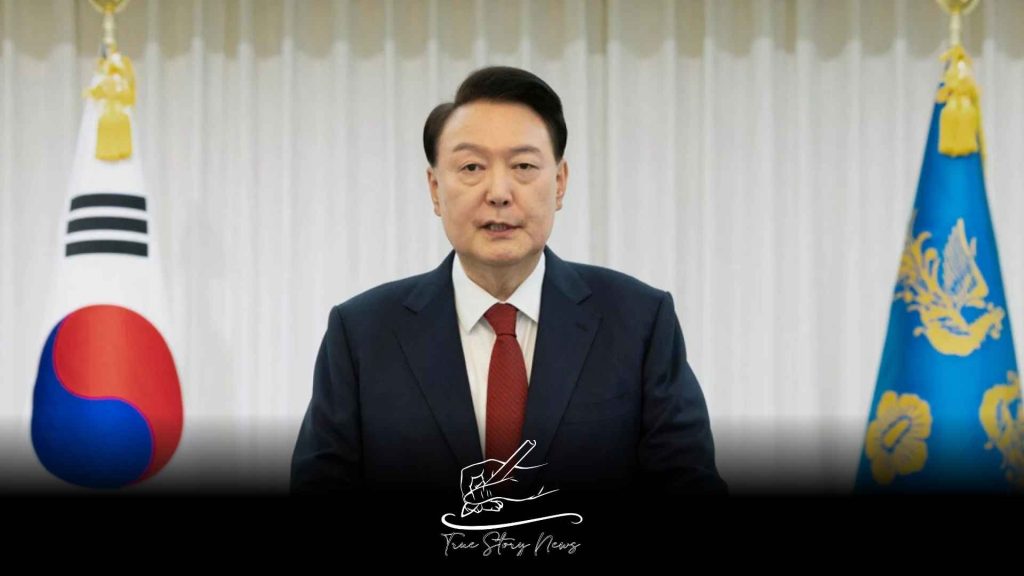The constitutional court of South Korea has initiated trial proceedings concerning the impeachment of President Yoon Suk Yeol. His suspension follows a controversial declaration of martial law, which has led to significant political upheaval in the nation.
Last Saturday, Members of Parliament voted to impeach Yoon, following a series of actions that ignited widespread protests demanding his resignation.
Within the next six months, the court is tasked with regarding Yoon’s potential removal or reinstatement.
The People Power Party (PPP), led by Yoon, has faced significant challenges due to recent events, culminating in the leader announcing his resignation on Monday.
The impeachment trial of Yoon is set to unfold over several months of public hearings. Yet, the court faces mounting pressure to reach a swift decision to alleviate the prevailing political uncertainty.
Protesters have pledged to continue their demands for Yoon’s ousting throughout the court proceedings.
In the past two cases where a South Korean president faced impeachment, the court overturned one ruling while affirming the other.
Questions have arisen regarding the potential for the trial to move forward in Yoon’s case, given that the court currently operates with only six justices instead of the whole nine. Three individuals have recently retired, and their positions still need to be filled.
On Monday, the court announced that Yoon’s trial could proceed with a panel of six judges and has scheduled a preliminary hearing for December 27.
Should the court decide to uphold the impeachment in Yoon’s case, the nation will be required to conduct new presidential elections within a 60-day timeframe. Currently, Prime Minister Han Duck-soo is fulfilling the role of acting president.
The question remains whether Yoon will personally testify during the upcoming court hearings.
He disregarded a summons to meet with prosecutors in Seoul on Sunday and is expected to be called in again for questioning. Should he not present himself this week, law enforcement may take steps to apprehend him.
Yoon has stood by his choice to implement martial law, reiterating his commitment to continue the fight until the very end following his impeachment.
Shortly after the constitutional court gathered on Monday morning, Han Dong-hoon, a prominent leader of the PPP, declared his resignation.
During a televised press conference, Han apologised to those affected by the ongoing emergency.
Han is under increasing pressure to resign, especially from the significant pro-Yoon faction within his party, in the wake of the president’s impeachment.
Han initially attempted to orchestrate a systematic departure for Yoon. As Yoon remained steadfast in his position, Han shifted his stance dramatically, advocating for impeachment as the sole means to oust him from office.
On Saturday, it was reported that 12 lawmakers from the PPP cast their votes in favour of impeachment, allowing the motion to advance successfully. However, most lawmakers from the PPP voted against Yoon’s impeachment.
Following the vote, all five members of the Supreme Council of the PPP announced their intention to resign, a move that would lead to the automatic dissolution of the party leadership.
Han stated that with the Supreme Council being “destroyed,” it has become “impossible” for him to fulfil his responsibilities as party chief.
“I understand the disappointment of my supporters, but I stand by my decision,” Han stated, addressing his call for Yoon’s impeachment.













